SUMMARY
This is AI generated summarization, which may have errors. For context, always refer to the full article.
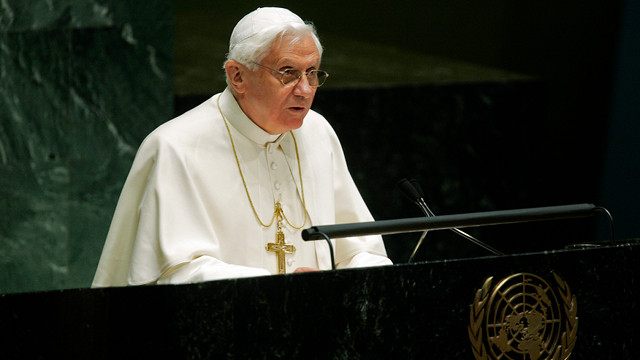
MANILA, Philippines – While he led 1.2 billion Catholics, Pope Benedict XVI also headed a state, addressed the United Nations, and received the world’s most powerful leaders in Vatican City.
He didn’t travel the world as much as the late John Paul II, his media-savvy predecessor. Through his books and interviews, however, those who listened heard a lot from this German-born professor.
What was his stand on world affairs? His biography – Light of the World, written by veteran journalist Peter Seewald – allows Benedict to speak on a host of issues including climate change, drug trafficking, and “the great communication” that netizens enjoy today.
Rappler compiles 7 most interesting quotes from Light of the World, marking the end of his 7-year rule on February 28.
1. On the ‘destructive’ concept of progress that leads to climate change, among other problems
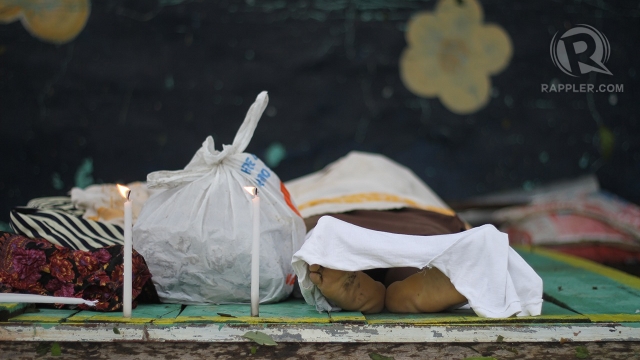
“The concept of progress originally had two aspects: On the one hand, there was progress in knowledge. People understood this to mean comprehending reality… And knowledge is power. That means: If I know, then I can also control. Knowledge brought power, but in such a way that with our own power we can now also destroy the world that we think we have figured out intellectually.
“So it becomes apparent that in the previous concept of progress, compounded of knowledge and power, an essential perspective is lacking, namely, the aspect of the good. This is the question: What is good? Where should knowledge lead power? Is it just a matter of being able to control in general – or must we also ask the question about the intrinsic standards, about what is good for man and for the world? And this, I think, has not happened in an adequate way.”
2. On global responsibility and political will to stop climate change
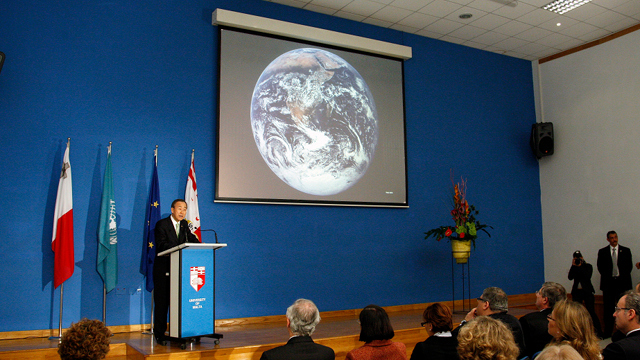
“There is also a more or less pronounced awareness of a global responsibility for it; that ethics must no longer refer merely to one’s own group or one’s own nation, but rather must keep the earth and all people in view.
“To this extent a certain potential for moral insight is present. But the conversion of this into political will and political actions is then rendered largely impossible by the lack of willingness to do without. After all, this would have to be implemented in national budgets and finally carried out by individuals, which then in turn leads to an unequal burdening of various groups.
“So it becomes clear that the political will ultimately cannot become effective unless there is in all mankind – especially on the part of the chief supporters of development and progress – a new, deeper moral awareness, a willingness to do without, which is concrete and which for the individual also becomes an acknowledged value for his life.”
3. On countries incurring ‘colossal debts’ and living beyond their means
![]()
“We live on the basis of appearances, and the huge debts are meanwhile treated as something that we are simply entitled to… Above and beyond individual financial plans, a global examination of conscience is indispensable.”
4. On the ‘serpent’ of drug trafficking
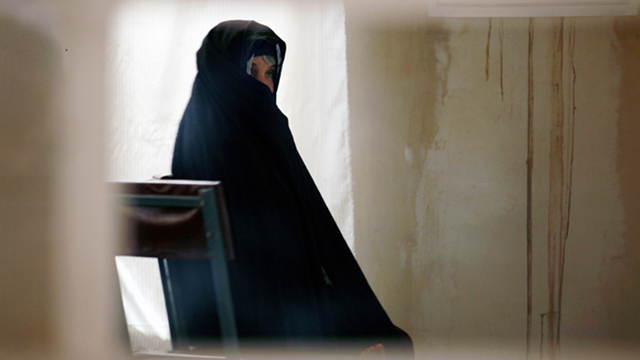
“This, too, is one of the terrible responsibilities of the West: that it uses drugs and that it thereby creates countries that have to supply it, which in the end exhausts and destroys them. A craving for happiness has developed that cannot content itself with things as they are.”
5. On the destruction wrought by sex tourism
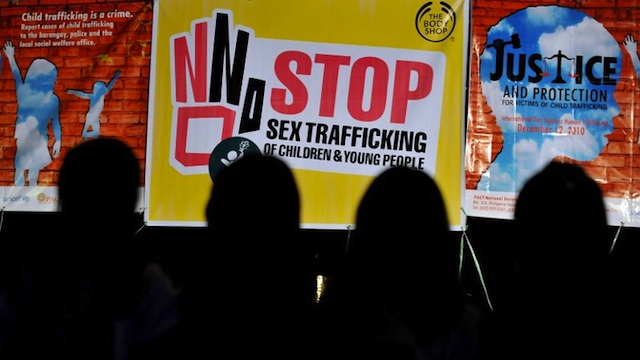
“The destructive processes at work in that are extraordinary and are born from arrogance and the boredom and false freedom of the Western world.
“You see, man strives for eternal joy; he would like pleasure in the extreme, would like what is eternal. But when there is no God, it is not granted to him and it cannot be. Then he himself must now create something that is fictitious, a false eternity… We have to show – and also live this accordingly – that the eternity man needs can come only from God.”
6. On punishing priests involved in sex abuse cases, and caring for their victims
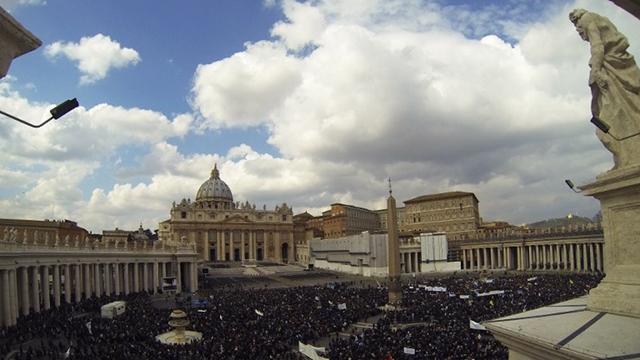
“It is never permissible… to steal away and to wish not to have seen it and to let the perpetrator continue working. It is therefore necessary for the Church to be vigilant, to punish those who have sinned, and above all to exclude them from further access to children. First and foremost, as we said, comes charity toward the victims and efforts to do everything good to help them cope with what they have experienced.”
7. On the two-edged sword that is ‘great communication’
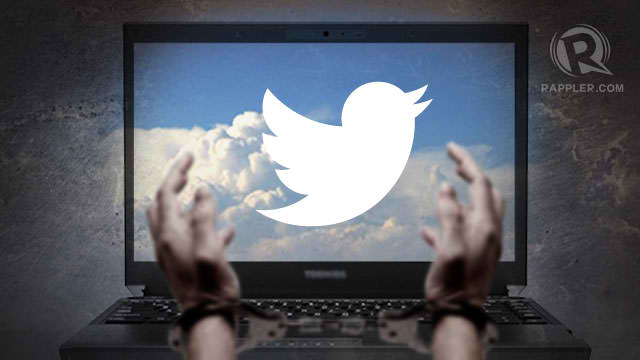
“The great communication, for example, that we have today can lead, on the one hand, to complete depersonalization. Then one is just swimming in a sea of communication and no longer encounters persons at all. But, on the other hand, it can also be an opportunity. For instance, to become aware of one another, to encounter one another, to help each other, to go out of ourselves.”
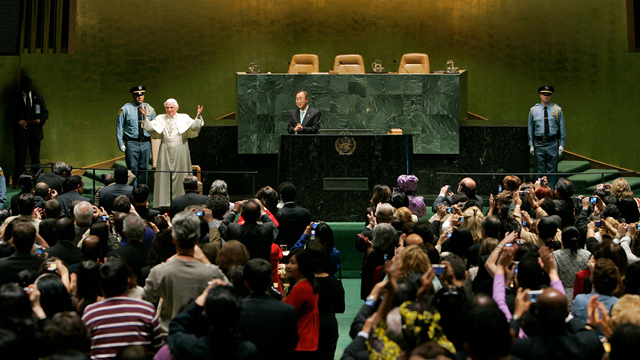
On Thursday, February 28, Benedict XVI officially resigns and becomes “pontiff emeritus.” He will retire to a monastery “in total discretion,” according to the Vatican, and quietly descend from the world stage. – Rappler.com
- Tagle joins 10 Asians to choose pope
- Time for 1st Asian pope?
- ‘Hope’ for Church: Third World pope
- John Paul to Ratzinger: Should I resign?
- The other side of Benedict XVI
- Pope resignation: I pray it signals a new dawn
Add a comment
How does this make you feel?
There are no comments yet. Add your comment to start the conversation.